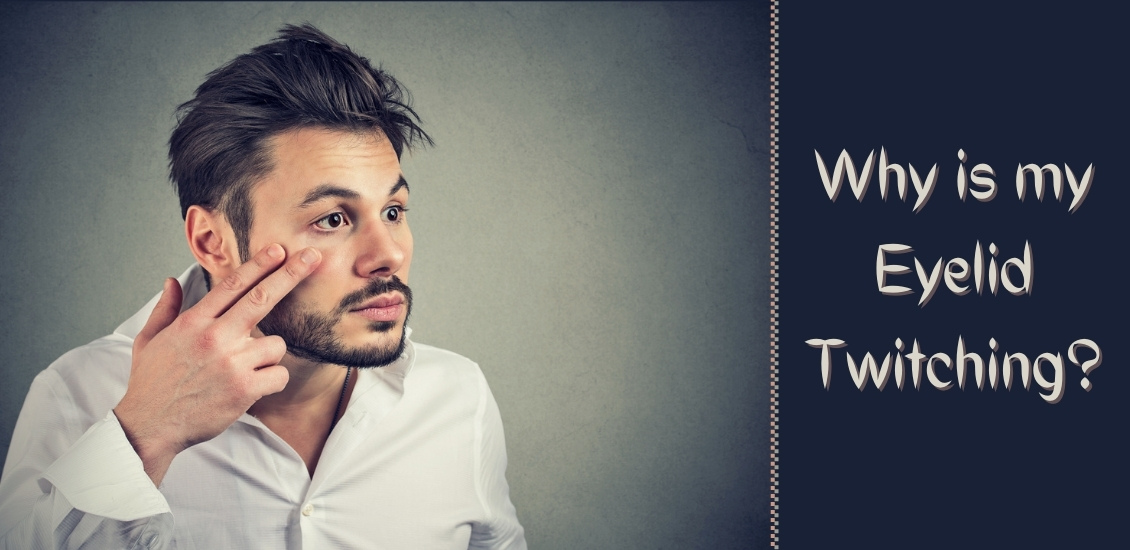Blog

Have you ever felt a twitching sensation in your eye? Did it feel like everyone was looking at you because of it? Were you worried that it was the beginning of a big problem?
Relax--it’s not likely to be a big deal. Most of the time it is not even visible to other people.
It's reassuring to know it’s almost never your actual eyeball that is twitching; it’s your eyelid muscle. Actual eye twitching is fairly rare and your vision would be pretty blurry if that's what were really happening.
The eyelid has a muscle in it that closes the eyelid and that muscle has a very high concentration of innervation. Because of that dense nerve tissue in the eyelid, anything that makes your nervous system a little hyped up or off kilter can result in the eyelid twitching.
What are some of the risk factors for eyelid twitching?
Fatigue
Not getting enough sleep can result in your nervous system not performing at its best and one of the results may include eyelid twitching. If you are...
A wrinkle on the retina -- which is also known as an epiretinal membrane (ERM) or a macular pucker -- is a thin, translucent tissue that develops on the surface of the retina.
The retina is the inner layer that lines the inside of the back of the eye and is responsible for converting the light image into an electrical impulse that is then transmitted to the brain. An epiretinal membrane that forms on the retina goes unnoticed by the patient many times, and is only noticed during a dilated eye exam by an eye doctor.
Epiretinal membranes can become problematic if they are overlying the macula, which is the part of the retina that is used for sharp central vision. When they become problematic they can cause distortion of your vision, causing objects that are normally straight to look wavy or crooked.
Causes of a wrinkle on the retina
The most common cause is age-related due to a posterior vitreous detachment, which is the separation of the vitreous gel from the retina. The...


